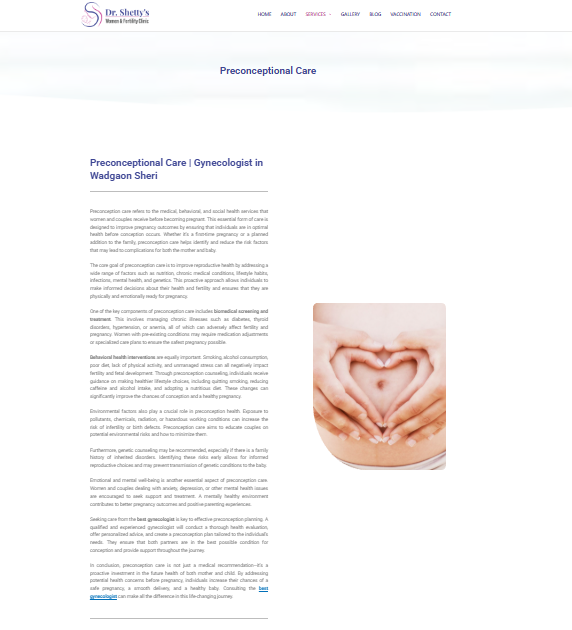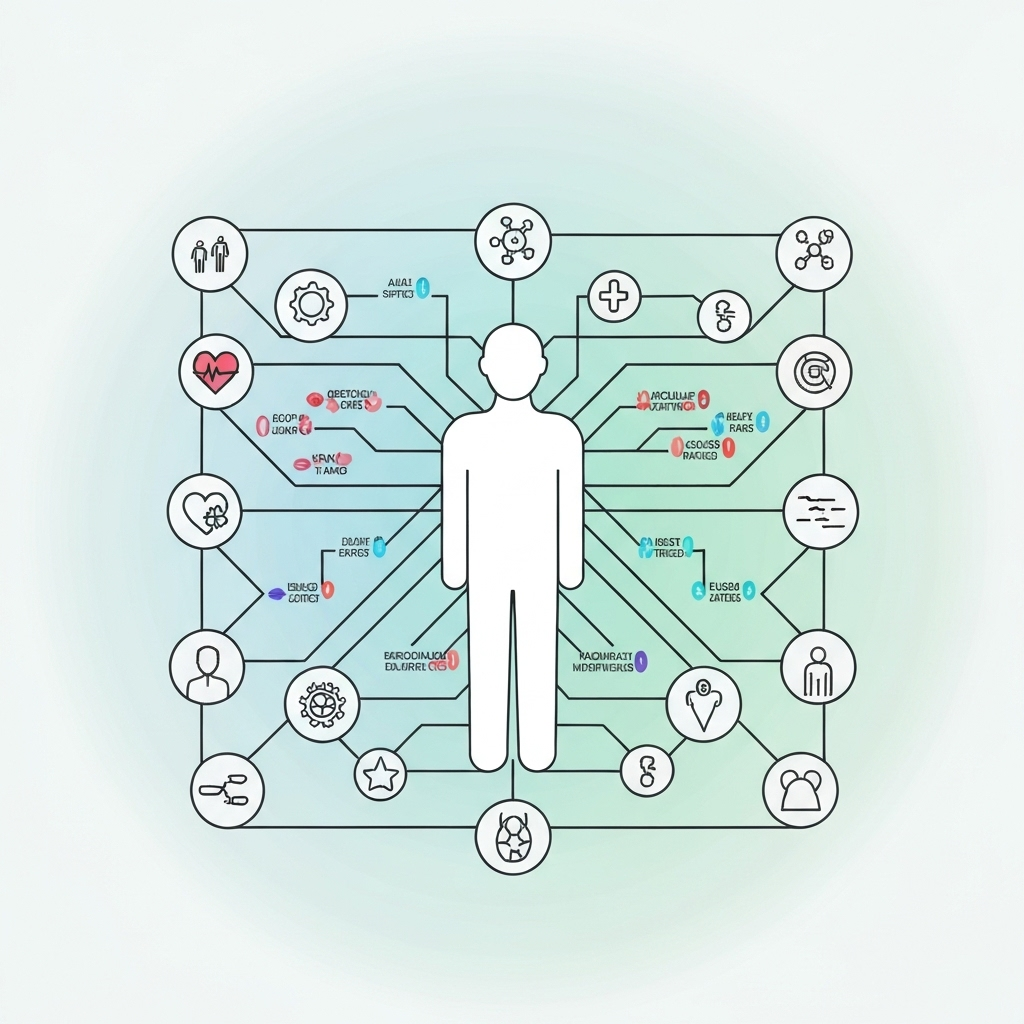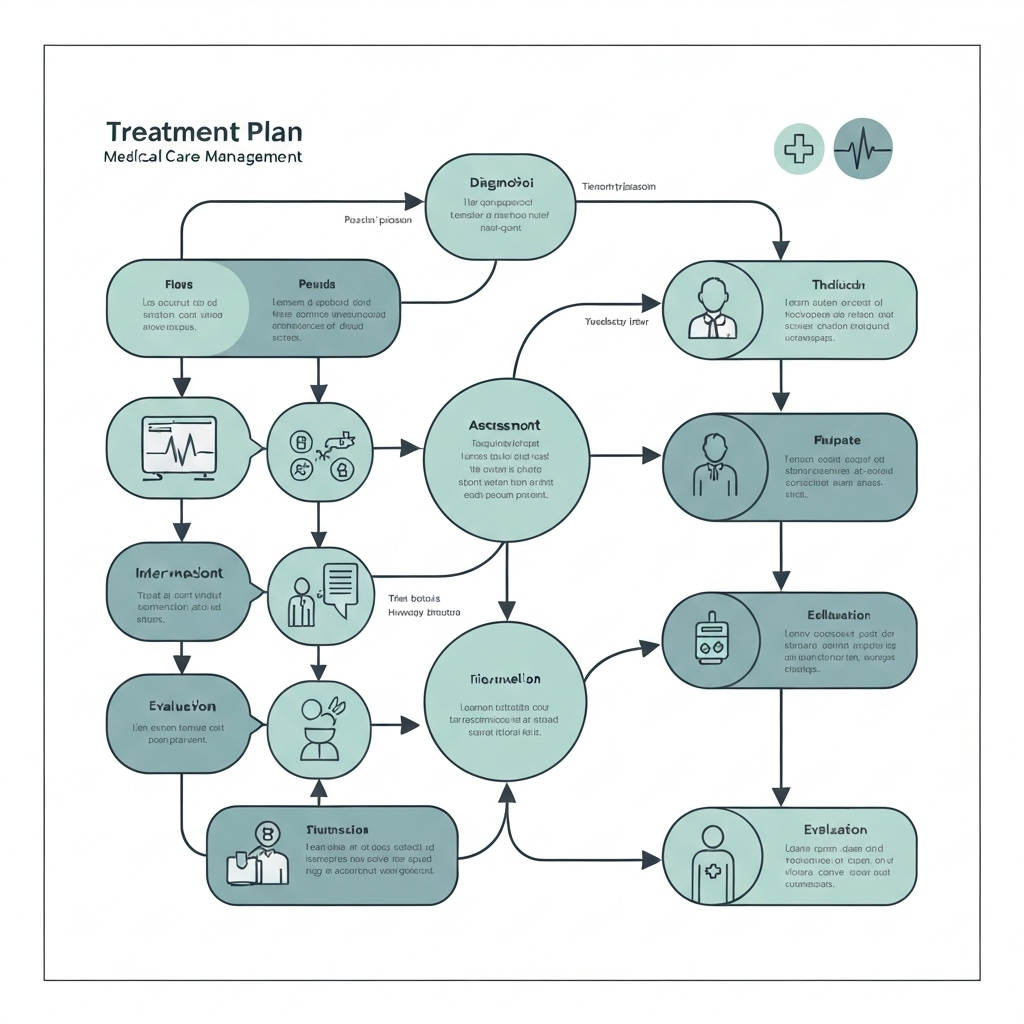Post Delivery Care
Expert care and guidance from Dr. Meenal Warade, your trusted gynecologist.

About Post Delivery Care
Post-delivery care, also known as postpartum care, focuses on supporting mothers through the physical and emotional recovery period following childbirth. This critical phase typically lasts six to eight weeks but can extend longer, especially for mothers who had complications during delivery or are breastfeeding.
Comprehensive postpartum care addresses physical healing, emotional well-being, infant care guidance, and family adjustment. This period involves significant physical changes as the body returns to its pre-pregnancy state, hormonal fluctuations that can affect mood and energy, and the challenge of caring for a newborn while recovering from delivery.

Expert Consultation
Personalized care with comprehensive evaluation and treatment planning.

Advanced Technology
State-of-the-art equipment for accurate diagnosis and effective treatment.
Common Causes & Risk Factors
The postpartum period brings various physical and emotional challenges that require attention and support. Physical recovery involves healing from delivery, whether vaginal or cesarean, which can include pain, bleeding, breast engorgement, and fatigue from sleep deprivation.
Hormonal changes after delivery can lead to mood swings, anxiety, or postpartum depression. The dramatic drop in pregnancy hormones, combined with the stress of new responsibilities and lack of sleep, can significantly impact emotional well-being.
Breastfeeding challenges such as difficulty with latch, sore nipples, or concerns about milk supply can cause stress and frustration. Additionally, the adjustment to new routines, relationship changes, and the overwhelming responsibility of caring for a newborn can contribute to postpartum difficulties.

Lifestyle Factors
Understanding how daily habits and choices impact your health.

Genetic Factors
Family history and genetic predisposition considerations.
Prevention & Management
Proper postpartum care can prevent complications and promote healthy recovery. Regular follow-up appointments allow healthcare providers to monitor healing, address concerns, and screen for postpartum depression or other complications.
Rest is crucial for recovery, though it can be challenging with a newborn. Accepting help from family and friends, sleeping when the baby sleeps, and sharing nighttime duties with partners can help ensure adequate rest. Proper nutrition and hydration support healing and energy levels, especially for breastfeeding mothers.
Gradual return to physical activity, as approved by healthcare providers, helps with recovery and mood. Emotional support through family, friends, support groups, or professional counseling is essential. Recognizing warning signs of postpartum depression and seeking help early can prevent more serious complications.

Regular Screening
Early detection through routine examinations and preventive care.

Treatment Planning
Customized treatment approaches tailored to individual needs.
Frequently Asked Questions
Ready to Get Started?
Schedule your consultation with Dr. Meenal Warade today for personalized care and expert guidance.